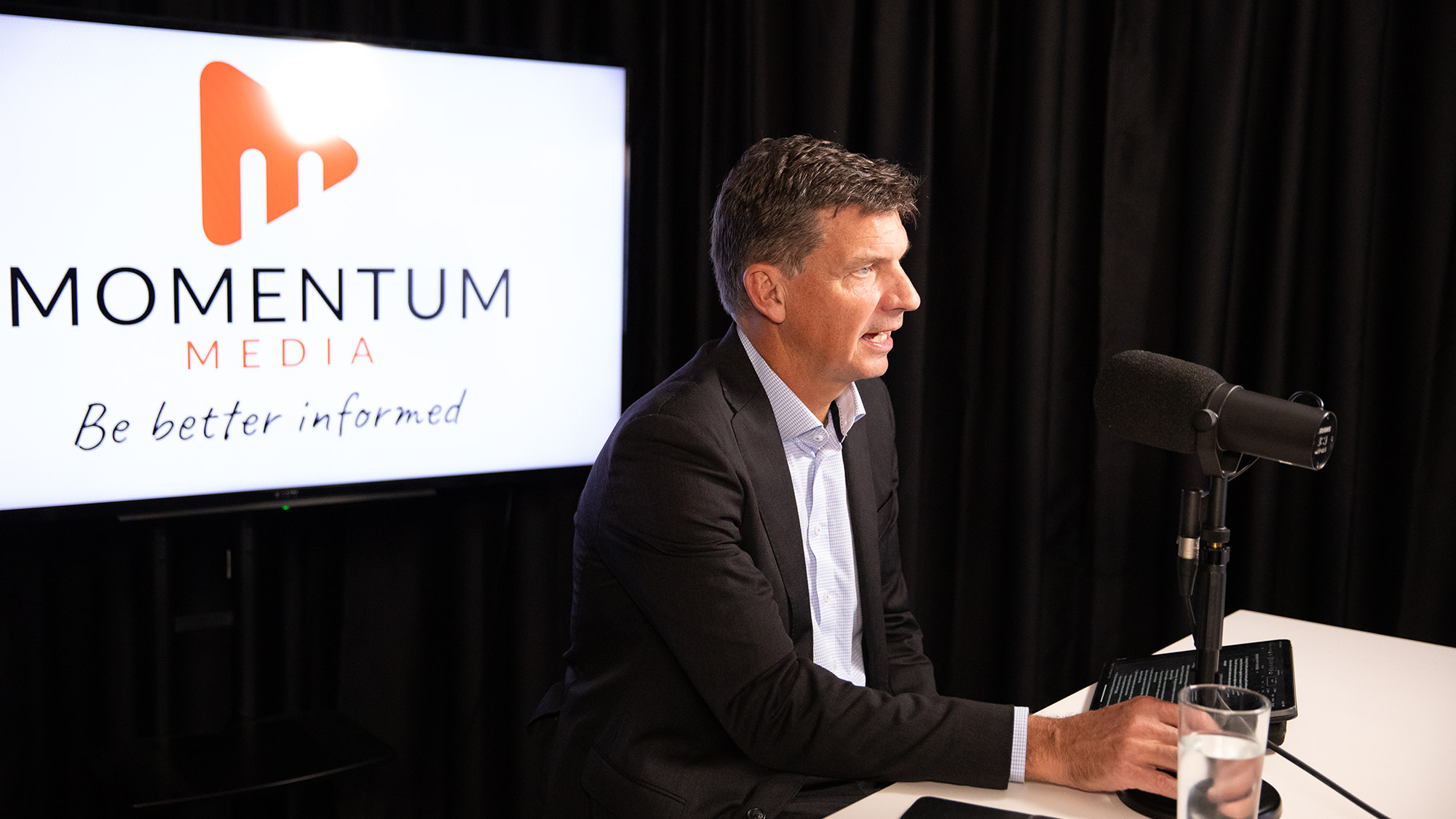Higher client fees lead to higher profitability for self-licensed advisers


Self-licensed advisers are most likely to have seen their profit margins increase over the past 12 months, according to research by Investment Trends.
The firm’s 2023 Adviser Business Model survey, which surveyed over 600 financial advisers, found 38 per cent had reported higher practice profitability over the past year.
When looking at self-licensed advisers, some 41 per cent said they had seen higher profits over the period, which was up from 39 per cent in 2022.
This was attributed to the downturn in the number of advisers coinciding with an uptick in the number of clients as the average number of active clients per adviser rose from 113 a year ago to 120.
Profitable advisers also cited efficient systems, admin support and increased fees as factors helping their bottom line. In particular, fees increased by 25 per cent for upfront fees and 18 per cent for ongoing relationship fees.
This brought the average fee to $4,000 upfront and $4,700 for ongoing relationship fees.
“It’s encouraging to see the positive business outcomes advisers are experiencing. As things stand, new client acquisition is, on an average basis, no longer loss-leading and those advisers who see growing profit margins have the largest client books,” said Dr Irene Guiamatsia, head of research at Investment Trends.
Moving on to the Quality of Advice Review (QAR), respondents were unconvinced by the idea of superannuation funds giving advice.
This is the second stream of the government’s formal response to the review in order to improve access to retirement income advice, and several super funds have already discussed their plans in the space going forward.
While advisers were optimistic about the QAR’s other sections on accessibility and affordability, 53 per cent said the plan for super funds “will have a negative impact” on them and their business. A further 20 per cent said it will not have an impact and 12 per cent were undecided.
Only 15 per cent of respondents said it will have a positive impact.
Guiamatsia said: “Advisers – and the industry as a whole – have worked very hard to address issues around conflict, and it is natural to see some hesitancy around what some may construe as a return to old ways.
“The sector faces the important challenge to chart a cohesive path to a future state where different advice delivery mechanisms that can cater to different client groups and different life stages co- exist harmoniously – ultimately supporting a growing cohort of Australians with preparing for retirement.”
Recommended for you
Single adviser-led firms continue to expand their footprint in the Australian advice ecosystem, Adviser Ratings research shows, as market conditions prove favourable for boutique practices.
With HNW investors representing the largest market for alternative assets, Praemium and CoreData research underscores why this presents a compelling opportunity for advisers.
Having completed the successful integration of Diverger, Count has upgraded its forecast for expected synergy benefits achieved by the acquisition by a third.
Australia’s largest licensee has seen the biggest number of adviser losses over the past week, while the expected wave of new entrants has boosted overall adviser numbers.
















Add new comment